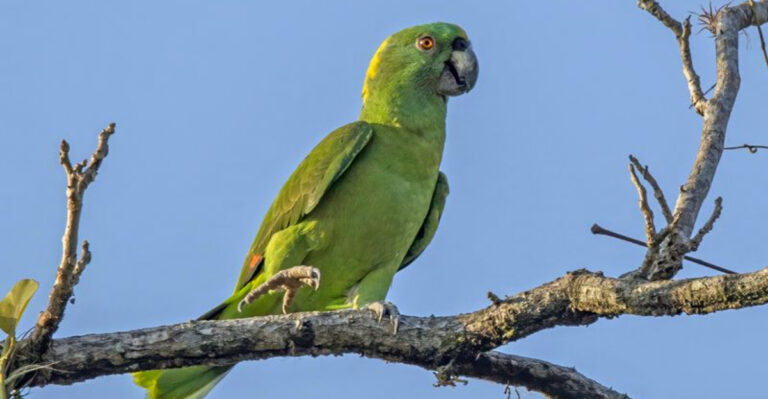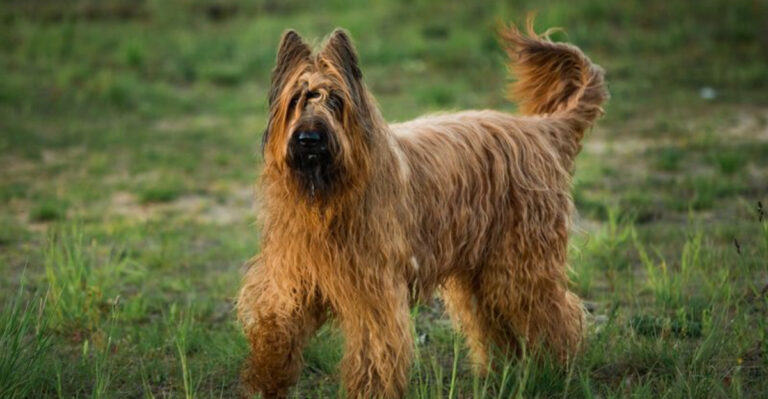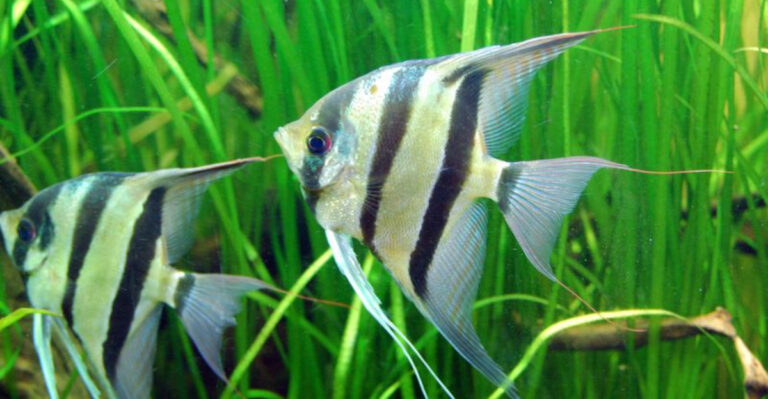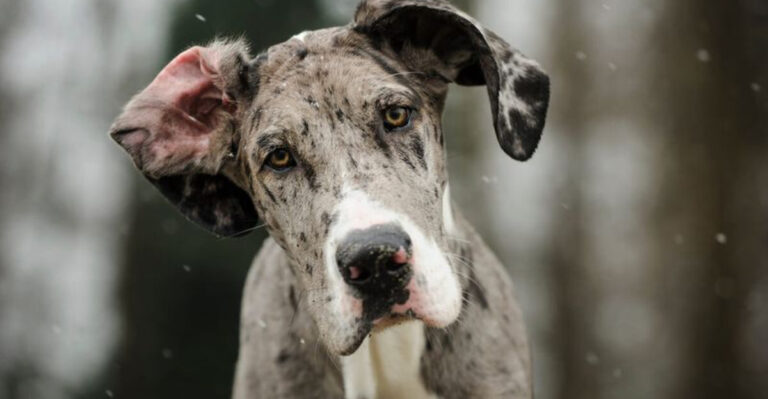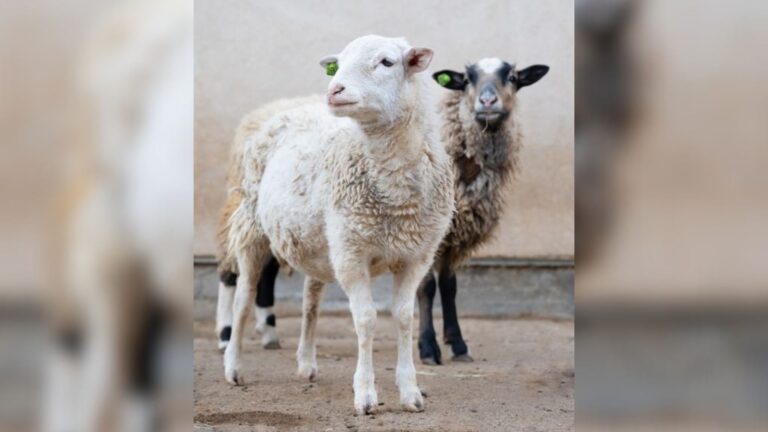Interesting Horse Facts That Will Make You Love Them Even More
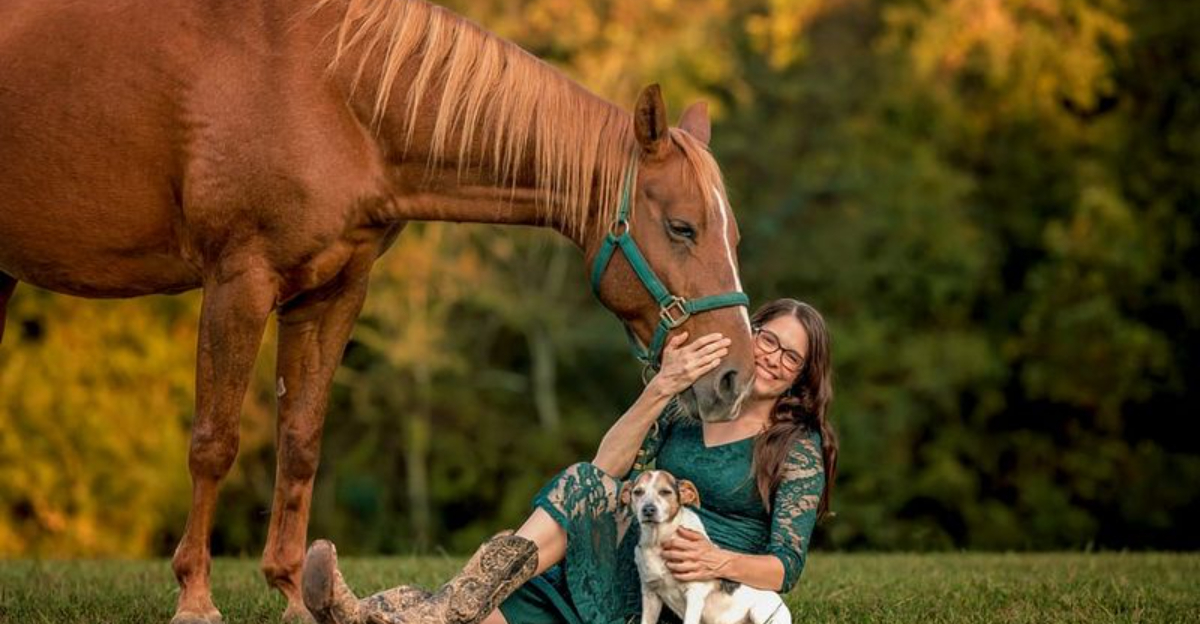
Horses have been by our side for thousands of years, carrying us on their backs, working alongside us, and being cherished companions. Their majesty, power, and grace captivate countless hearts across the globe.
However, there’s more to these incredible creatures than meets the eye.
Whether you’re an equestrian enthusiast or just curious about what makes horses so fascinating, you’re in for a treat! Let’s explore some intriguing facts that might just deepen your admiration for these noble animals.
1. Horses Have Amazing Memories
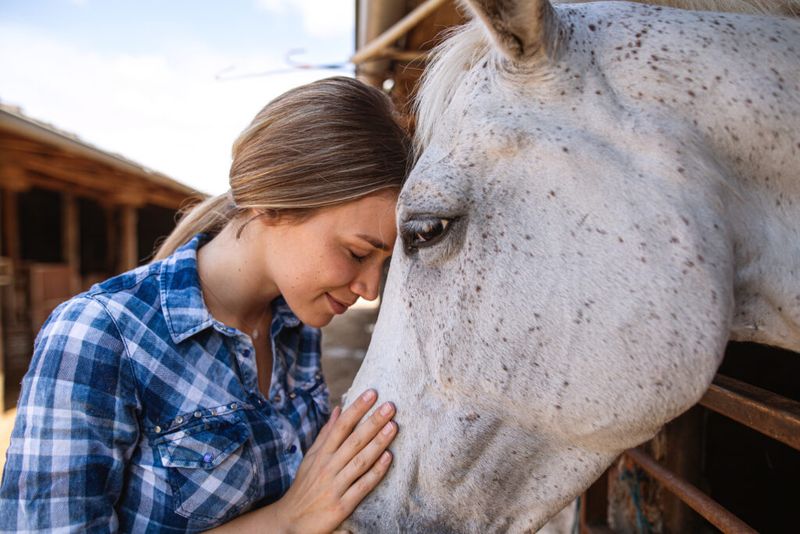
Ever tried to surprise a horse? They have memories that rival those of elephants! Horses can remember human friends and past experiences for years.
If you’ve ever formed a bond with a horse, rest assured, they’ll remember you. Their long-term memory allows them to learn complex tasks and remember them longer than you might expect.
Imagine a horse recalling a trail ride from years ago, understanding all the twists and turns. It’s this quality that makes them excellent in therapy, as they remember and respond to human emotions, fostering deep connections.
2. Horses Have Unique Whorls
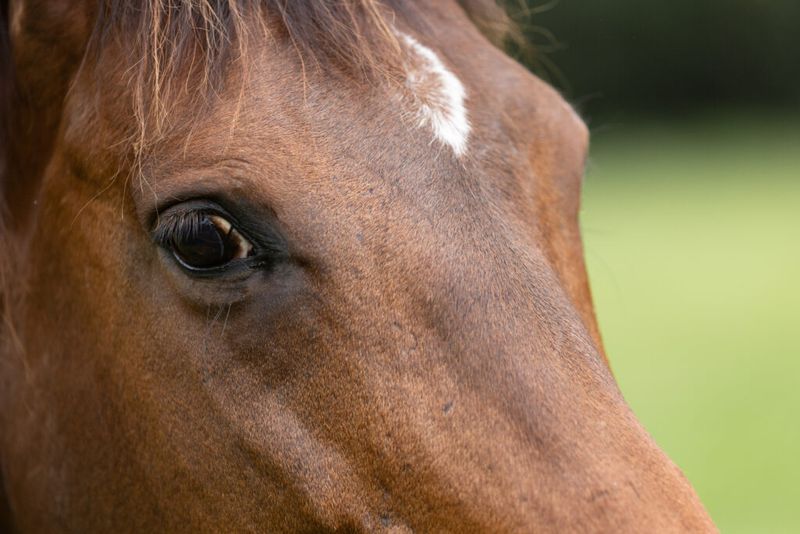
Each horse has its own set of hair whorls, making them as unique as human fingerprints.
These swirling patterns, often found on a horse’s forehead, are not just for show; they can give insight into a horse’s temperament.
Some believe that the direction and placement of these whorls correlate with behavioral traits. Owners often use these patterns to identify horses, especially in competitions or large herds.
Next time you meet a horse, try spotting and interpreting its whorls. It’s like reading a hidden map on their magnificent bodies, opening a window to their personalities.
3. Horses Can Sleep Standing Up
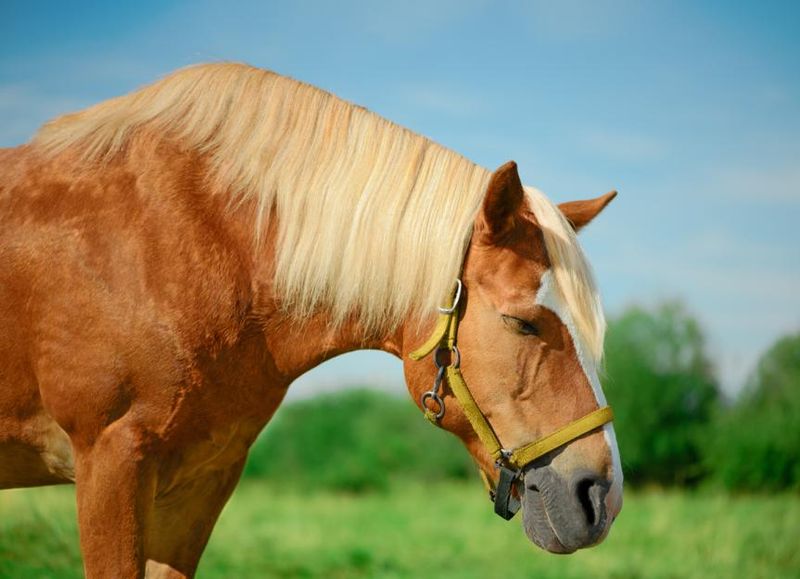
You might find it amusing, but horses can indeed sleep standing up! Thanks to a special locking mechanism in their legs, horses can rest without falling over.
This adaptation is crucial for their survival in the wild, allowing them to quickly flee from predators.
When they’re in safe environments, they’ll lie down for a deeper slumber, often taking turns with herd members to ensure safety.
It’s a fascinating balance of vigilance and relaxation, showcasing their adaptability and instinctual intelligence.
4. Horses Communicate Through Facial Expressions
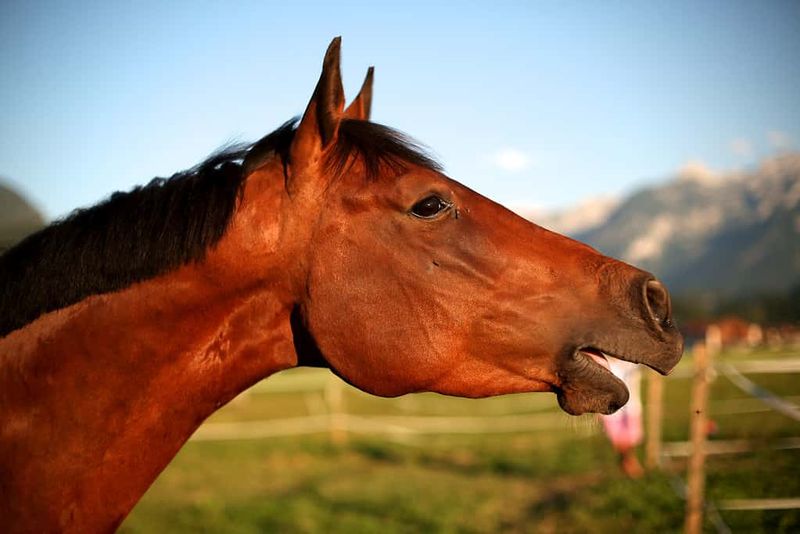
Horses are not just silent giants; they have a dynamic range of facial expressions. From subtle ear flicks to expressive eyes, they communicate a myriad of emotions.
Researchers have identified up to 17 different facial expressions, similar to primates. Horses use these expressions to communicate with each other and with humans.
Whether they’re curious, content, or cautious, understanding their facial cues can deepen our relationship with them.
Next time you’re near a horse, pay attention to its face. You might just have a silent conversation filled with emotion and understanding.
5. Horses Have Incredible Peripheral Vision
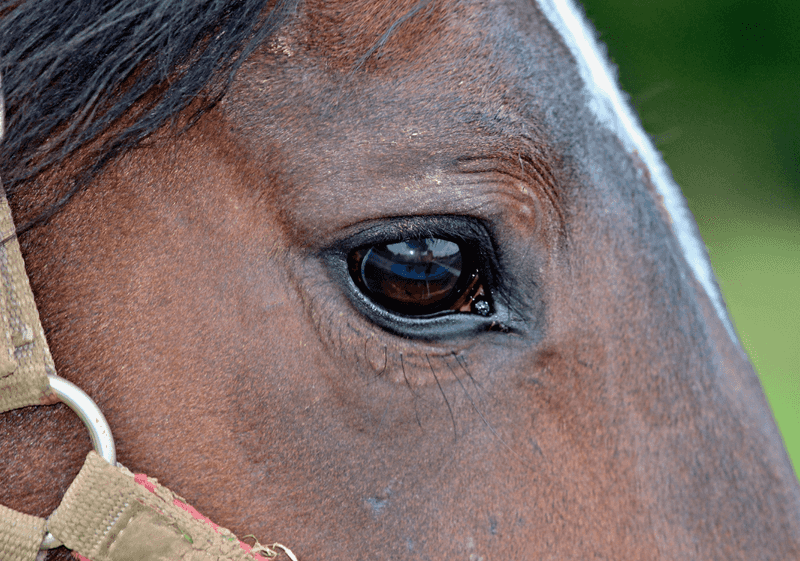
Ever wondered why horses rarely bump into things? It’s because they have excellent peripheral vision!
With eyes positioned on the sides of their heads, they can see nearly 360 degrees around them. This ability helps them spot predators and navigate their environment efficiently.
However, they do have blind spots directly in front and behind them, requiring them to turn their heads to see these areas.
This panoramic view is a critical survival trait, allowing them to react swiftly to threats. It’s no wonder that horses are so adept at maneuvering through various terrains and surroundings.
6. Horses Have A Flexible Diet
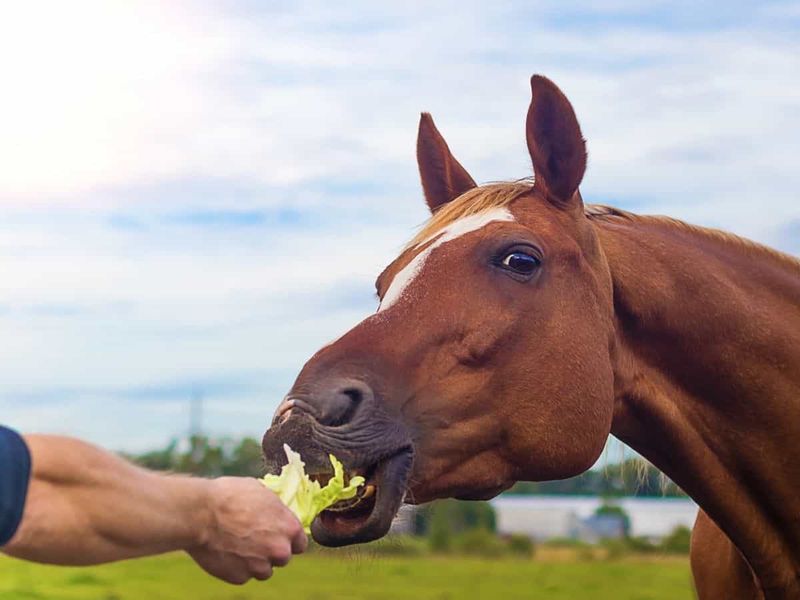
While horses primarily feast on grasses, they’re not strict vegetarians! Their diet can include a variety of plants, fruits, and vegetables.
When grazing in the wild, horses naturally select diverse foliage, balancing their nutritional intake. This flexibility helps them adapt to different environments and seasonal changes.
Owners often provide them with hay, grains, and occasional treats like apples or carrots. However, it’s important to ensure they have a balanced diet to maintain their health and energy.
Watching a horse munch happily on an apple is a simple pleasure, showcasing their adaptable palate.
7. Horses Have Social Hierarchies
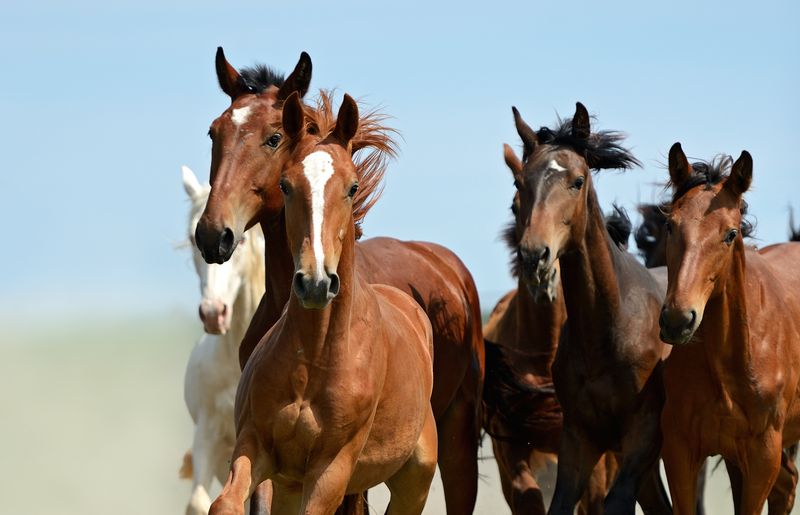
Social creatures by nature, horses thrive in groups, forming intricate social hierarchies.
Within a herd, there’s usually a dominant leader, often a mare, who guides and makes decisions for the group. These hierarchies are established through subtle interactions, ensuring harmony and cooperation.
Understanding these dynamics is crucial for anyone working with horses, as respect for their social order builds trust. Observing a herd can be like watching a drama unfold, with alliances and friendships.
It’s a vivid display of their intelligence and social skills, making them fascinating subjects for behavioral studies.
8. Horses Have Sensitive Skin
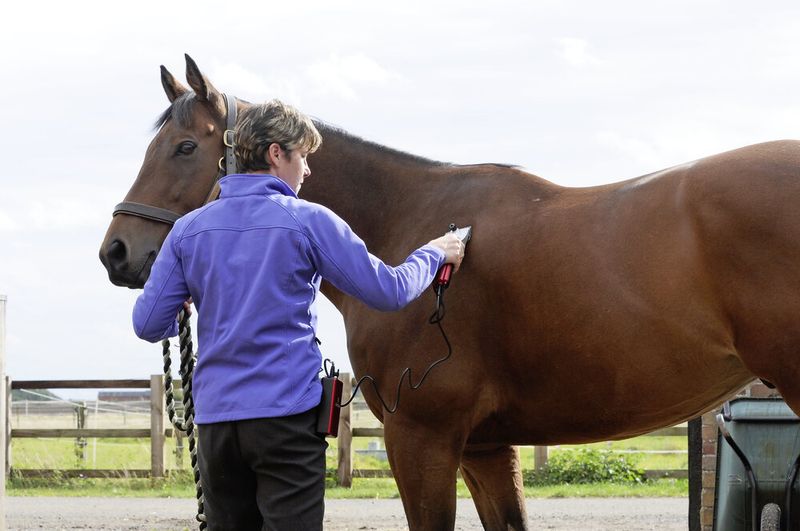
The skin of a horse is more than just a covering; it’s a sensitive organ that can detect the lightest touch.
Horses can feel a fly landing on their skin, prompting them to twitch and swat it away. This sensitivity aids in their communication and interaction with the environment.
This trait also makes them sensitive to touch, an important consideration for handling and grooming. A gentle stroke can be soothing and bonding, while rough handling might cause distress.
Their skin’s sensitivity underscores their need for gentle and respectful interaction, deepening the bond between horse and human.
9. Horses Can Hear Sounds Miles Away
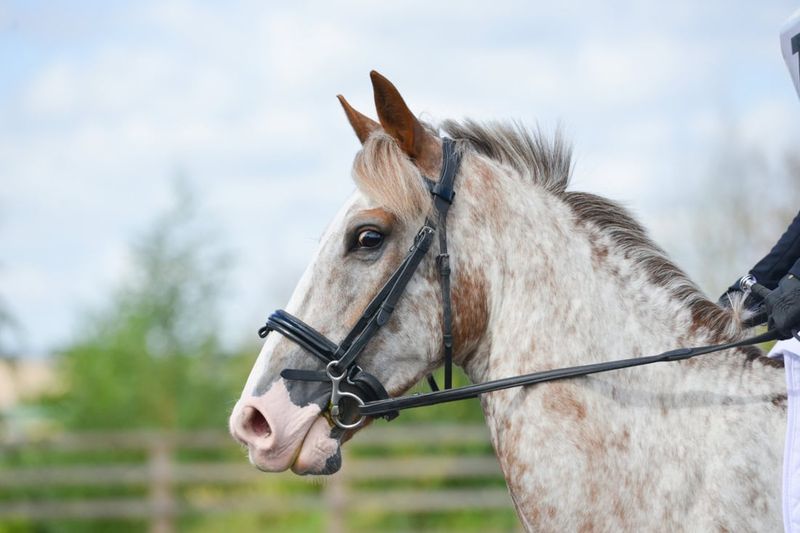
Horses possess an acute sense of hearing, allowing them to detect sounds from miles away. Their ears move independently, capturing sounds from various directions, helping them locate the source.
This ability is essential for survival, alerting them to potential dangers.
Their keen hearing isn’t just for survival; it enhances their communication with humans. Horses respond to voice commands and pick up on subtle changes in tone, fostering a deeper connection.
Listening to a horse respond to your voice can be an enchanting experience, bridging the gap between species with each soft nicker or neigh.
10. Horses Have A Strong Sense Of Direction
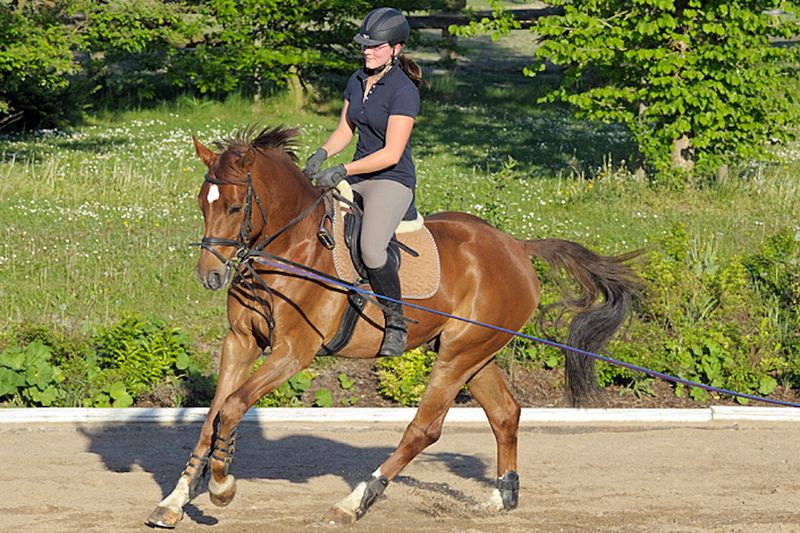
Lost in the woods? A horse wouldn’t be! Horses have an incredible sense of direction, often finding their way home over great distances.
This innate ability is akin to an internal GPS, helping them navigate varied terrains. This trait is particularly prized in working horses, making them reliable companions in exploration and travel.
Observing a horse lead you back to familiar paths is a humbling reminder of their instincts and intelligence. Whether on a trail ride or a long journey, their navigational prowess ensures both safety and adventure.

